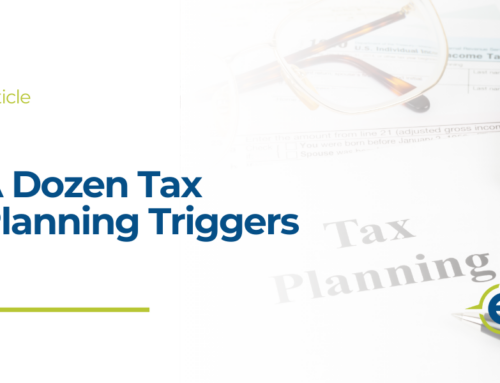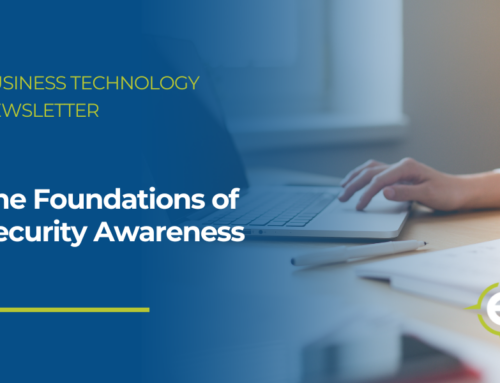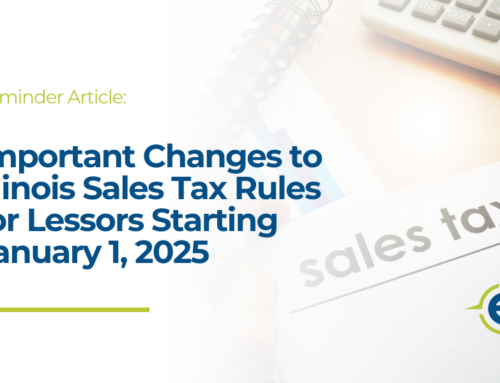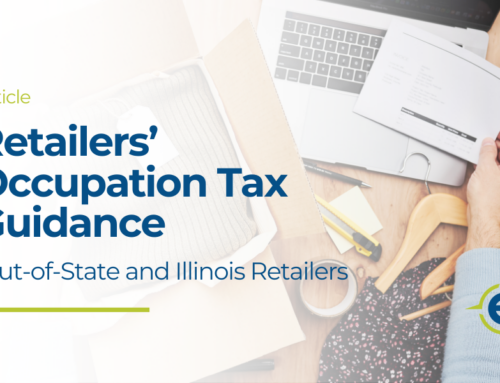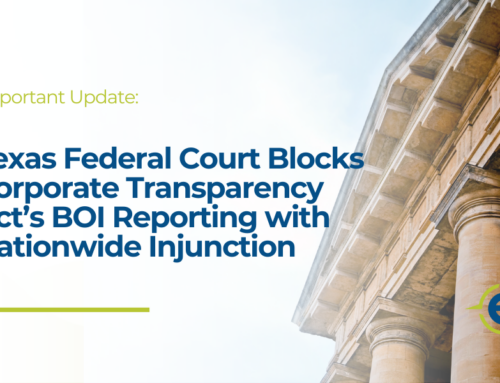How Virtual Currency Impacts Your Taxes
Too many taxpayers participating in virtual currency like bitcoin are finding taxation nightmares. And the future gets only more bleak as the IRS continues to focus on these transactions. But as the saying goes, “a little knowledge goes a long way.” Here is what you should know:
It is Property
Owning virtual currency is like owning stock. For example, if you bought a share of Amazon stock at $100 and then sell it for $2,000, you will report a $1,900 Capital Gain on your tax return. The same is true with your digital coins. This means you must keep track of the price you pay and the date you purchase and use every cyber coin you buy or sell.
How Long You Own it is Key
Because virtual currency is property, the tax rate applied on any gains depends on how long you own the digital currency you used. If one year or less, any gain is taxed as ordinary income. If owned for more than a year, the gain is taxed as a long-term capital gain.
Using Coins to Buy Something Causes Multiple Transactions
Once this is understood, know that you have at least two transactions when you use your digital coins to purchase or sell something. The first to buy or sell something. The second a capital gain or loss transaction. And, if the first transaction involves labor, services, or purchasing property like a piece of equipment, you now have another transaction that needs a tax report.
The IRS is Watching… Closely
The IRS knows this area of the tax code is being underreported, so they are actively taking steps to change this. They require you to self-report the presence of the use of virtual currency transactions on each year’s individual tax return. Get this wrong, and the IRS could claim fraud if you fail to report it.
NEW for 2023
Beginning in 2023, the IRS is putting virtual currency transactions in broker and banking reporting regulations, so you will start seeing 1099s when you buy or sell digital currency. And if you use more than $10,000 or equivalent, there will be additional reporting to the government. So, if you remember one thing, it is this, whenever you deal in virtual currency, you will have a tax transaction and should ask for help.

